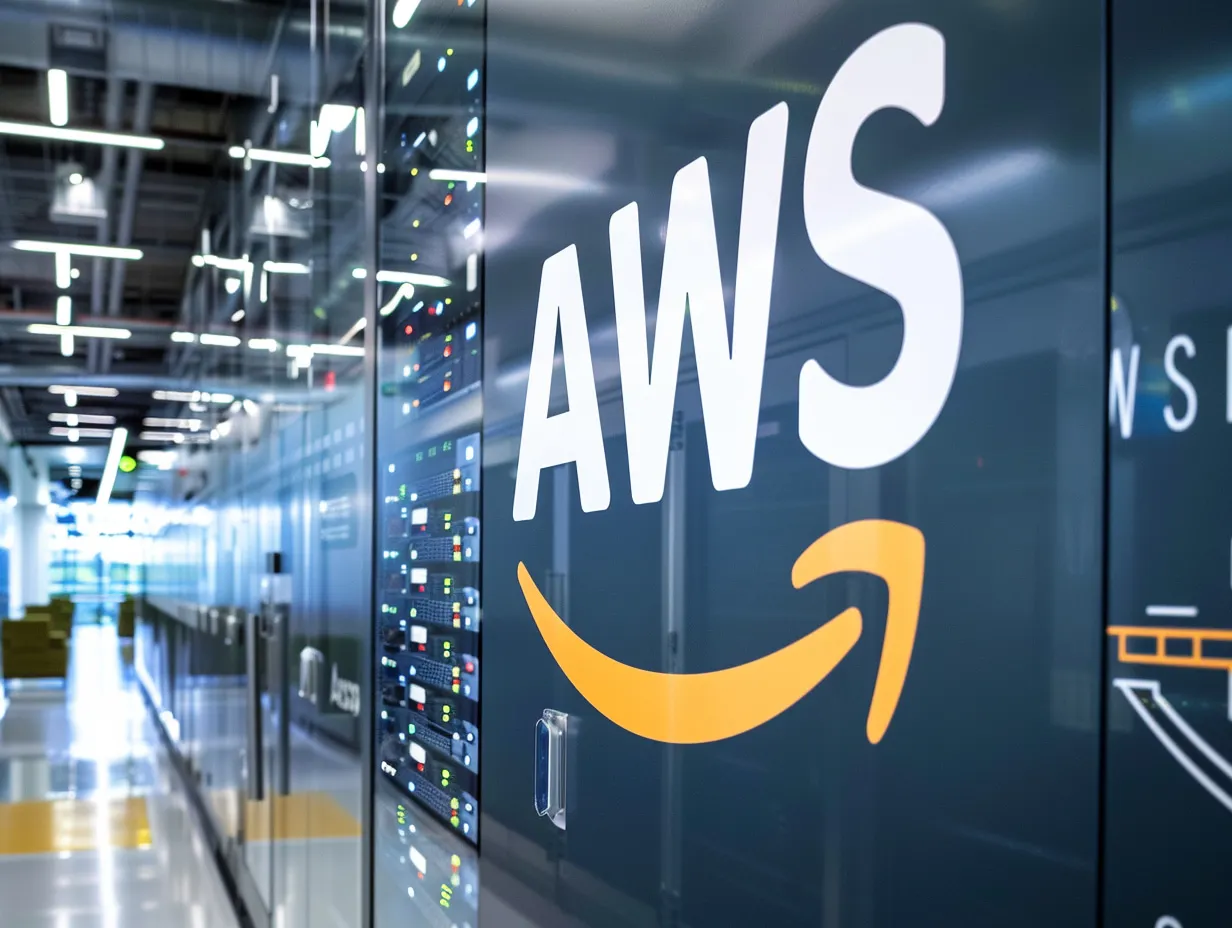The AI Engineer Summit, a recent gathering of industry professionals, has shed light on the burgeoning field of AI engineering. With presentations from major tech companies and discussions around the evolving role of AI engineers, the event has sparked considerable interest and contemplation within the technology community.
At the core of the summit’s discussions was the definition of an AI engineer. This emerging role is characterized by professionals who leverage large language models and associated tooling in their work. Described as “software 3.0,” AI engineers navigate a landscape that remains in its infancy. The application of AI tools in software development is still evolving, and questions linger regarding its full scope.
Specialization vs.generalization
The notion of whether all software engineers will eventually become AI engineers was a topic of debate. While some believe in a future where AI tools become ubiquitous in software development, others, including co-founder Shawn “Swyx” Wang, take a different stance. Swyx emphasized the importance of allowing individuals to specialize as AI engineers while preserving space for traditional software engineering roles. This perspective draws parallels to mobile engineering, where specialized expertise is valued within teams.
One of the significant takeaways from the summit was the prominence of LangChain, a tool used in AI application development. Although LangChain has established itself as a leading UI tool, Swyx pointed out that it may not necessarily maintain its dominant position. Given the nascent stage of AI engineering, the landscape remains highly dynamic, reminiscent of the rapid evolution witnessed in earlier tech frameworks.
The parallel with JavaScript
Drawing parallels between AI engineering and JavaScript development, the summit explored efforts to integrate JavaScript developers into the AI engineer fold. Companies like Fixie showcased their open-source framework, AI.JSX, designed to build AI applications using JavaScript and JSX. Swyx acknowledged this approach as an interesting one, emphasizing that regardless of the programming language used, software engineering remains integral to AI advancement.
A critical aspect of the AI Engineer Summit revolved around AI agents, automated software pieces that employ large language models for various tasks. While some expressed confidence in the capabilities of these agents, others, including Jacob Marks, a machine learning engineer at Voxel51, emphasized their limitations. Marks underscored the challenge of creating robust evaluations for AI agents and noted the ongoing flux surrounding AutoGPT, a lead sponsor of the event. Swyx echoed this sentiment, highlighting that agents are far from reaching their full potential, and more effort should be directed towards building effective agents rather than just evaluation tools.
Safety concerns and human interaction
The summit also raised concerns about the overconfidence in AI agents and their potential to replace human interaction. While the aim of agents is to automate tasks, the practicality and reliability of these automated systems have been questioned, particularly in customer service and support scenarios. Attendees debated the necessity of retaining human involvement in certain interactions where automated chatbots may fall short.
AI engineer summit’s future
As the AI Engineer Summit came to a close, it left a mark on the technology community, with discussions pointing to a promising future for AI engineers. The event is set to return next year, accompanied by the AI Engineer World’s Fair, indicating continued growth and interest in the field. Developers are urged to consider specializing in AI engineering as the discipline matures and offers new opportunities.
The inaugural AI Engineer Summit in San Francisco served as a catalyst for discussions on the evolving role of AI engineers in the software development landscape. It underscored the need for specialization within the AI engineering field while acknowledging the importance of software engineering expertise. As LangChain and other tools continue to evolve, the future of AI engineering remains dynamic and full of potential.
Safety concerns surrounding AI agents, along with the integration of JavaScript developers into the AI engineer community, were also highlighted as important areas for further exploration. With a promising outlook, the AI Engineer Summit is poised to play a pivotal role in shaping the future of AI engineering.





